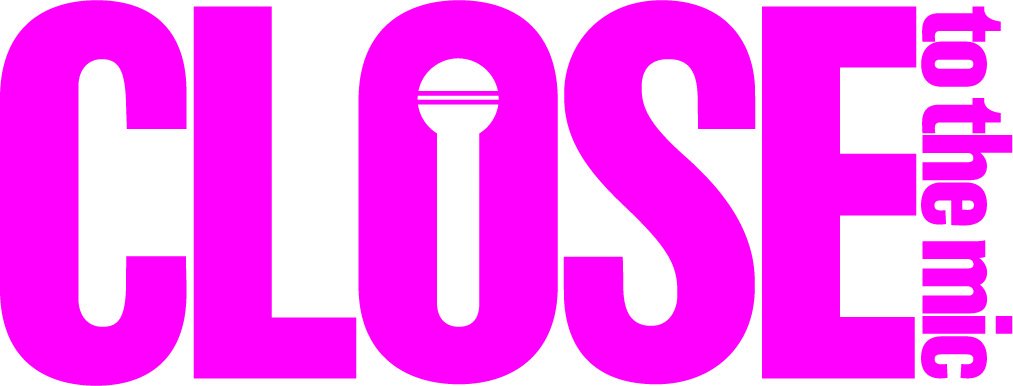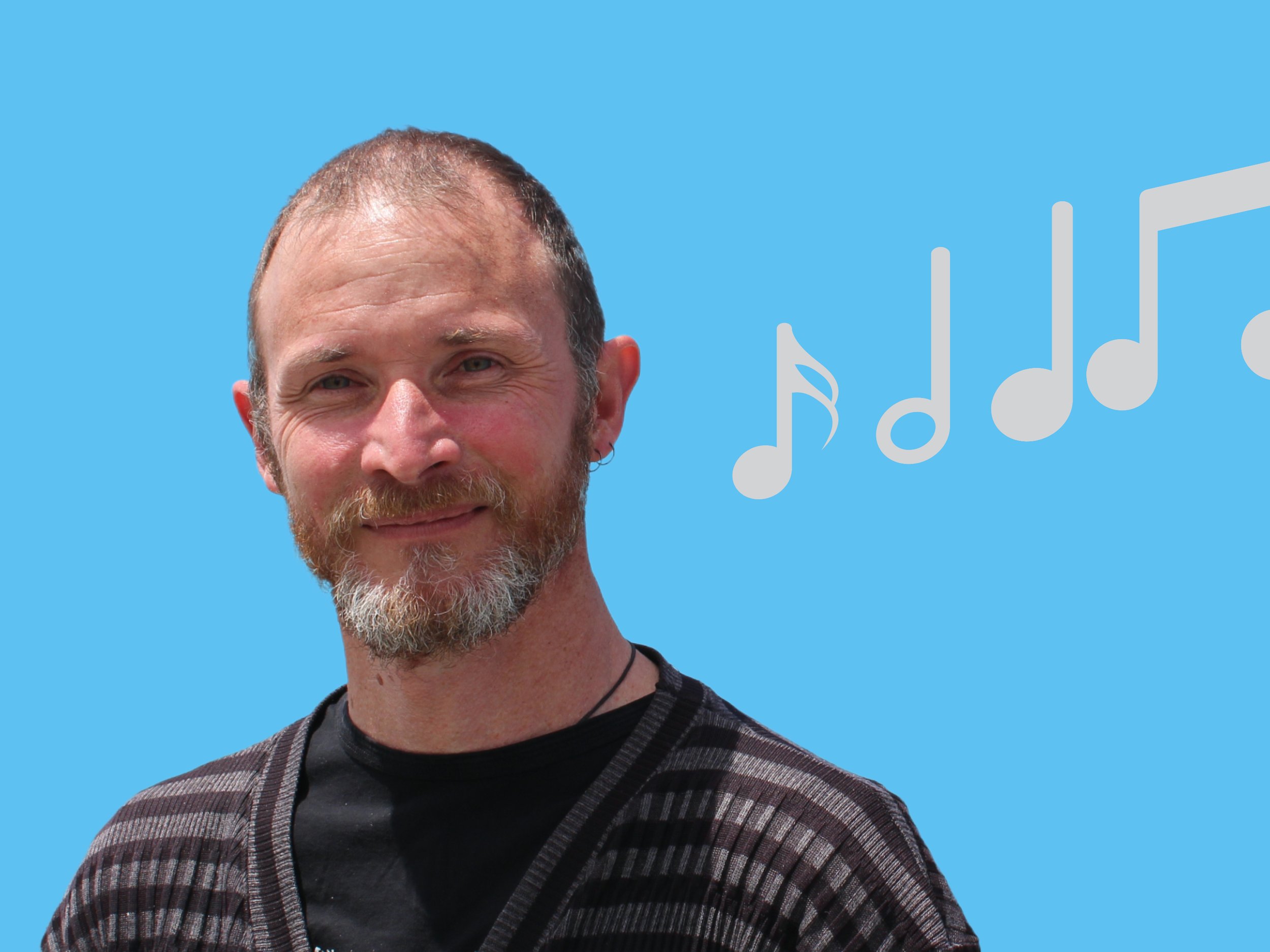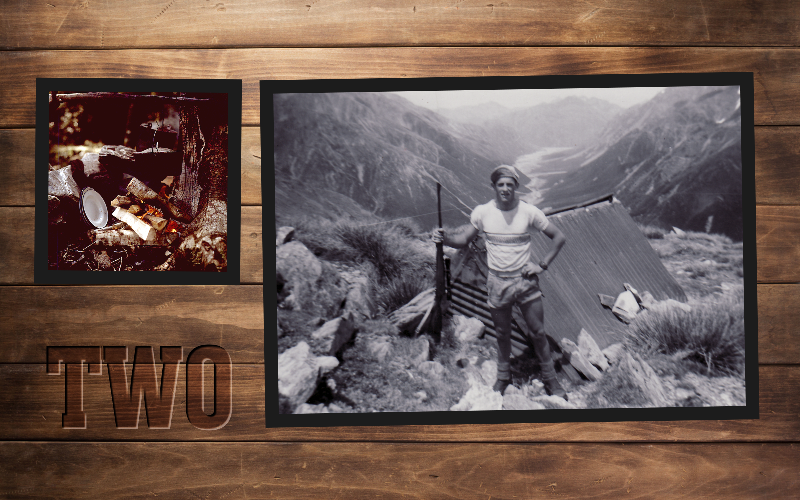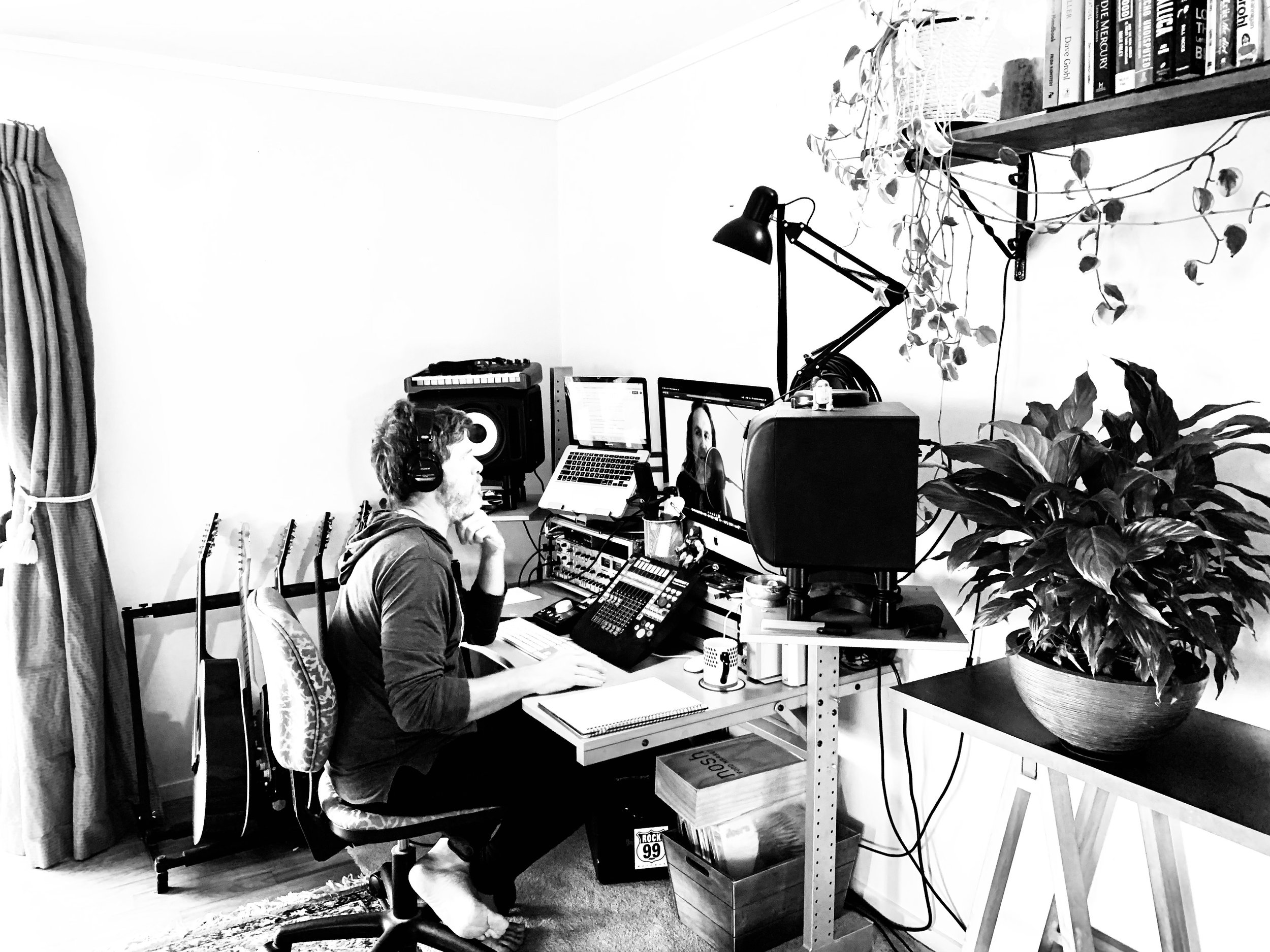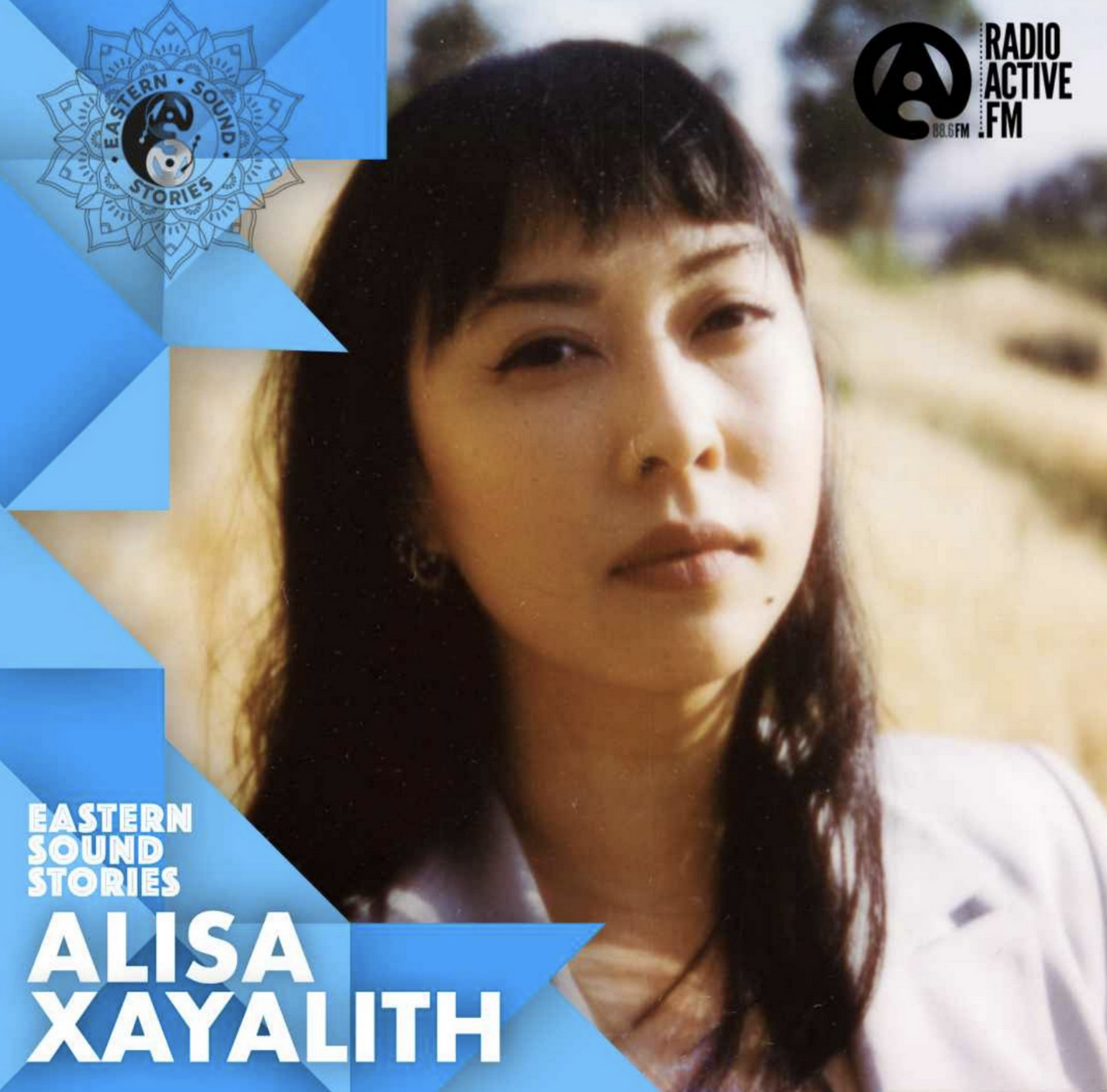Doubling Down on Sound
Philip Brownlee is a concert composer and sound engineer. Image supplied.
There are different ways to enter any industry, and for composer and sound artist, Philip Brownlee, music has been a key factor in informing his ear and his creativity. Last year, he was nominated as a finalist for the NZ SOUNZ Awards (Contemporary) for his work with musician Ariana Tikao for Manaaki. The Wellington-based creative is also the sound engineer behind this year’s Voyager Media Awards winner, True Justice.
And it’s his understanding rhythm, pace, and the dynamics of music that has transferred seamlessly when working in the radio and audio space, especially when the aim is to hook the listener - and keep them there.
Philip tells us why the accessibility of podcasting matters and why he loves helping people tell their stories.
How long have you been working in the audio/ podcast industry, and how did you get into the industry?
I’ve been working with podcast producers for about the last five years, and before that I spent thirteen years at RNZ, mostly working across audio documentaries and drama.
I studied music to begin with, and particularly, composition. So the move into sound engineering was a bit sideways, but the creative background has been a really good place to start from for the technical work.
What do you love most about your job and being in the podcast industry?
I love the accessibility of the medium through modern tools and platforms. It’s great that anyone can use audio to tell their stories, and I love helping people to do that.
What does your daily work routine involve and where do other people or teams come into the picture?
I work freelance, as part of a patchwork of recording, mixing, AV and creative work. I’m usually mixing and editing in my studio at home and collaborating online with clients. I enjoy working closely with content makers - each person in the team has a specialty, and mine is focusing on the craft of audio, helping people to tell stories with sound.
What are some of the recent podcasts you’ve been working on and do you have any favourites?
Last year (2022), I really enjoyed working with Popsock Media on the True Justice series, about people’s experiences with the justice system in Aotearoa.
We were working with the advocacy organisation Just Speak, and creating a space for people whose voices aren’t being heard to tell their stories. I was really happy to see our mahi recognised at the Voyager Media Awards this year.
I’ve also contributed to a number of podcasts for SOUNZ Toi te Arapūoru, notably The Magpie House - Wellington social history through the lens of Douglas Lilburn’s house in Thorndon, and Sounds of the Moana, which begins to tell the stories of Pacific musical traditions, and the ongoing processes of maintaining and passing on traditional knowledge. In a similar vein, I’ve helped put together SOUNZ’s He Reo Tawhito series, which is centred around practitioners of mōteatea, and a great way of sharing that knowledge with a wider audience.
What do you think are some of the biggest challenges for the podcast industry today?
It can be quite a challenge getting content to connect with audiences, especially for independent producers. Ideally good stories will find their way through, but I’m interested in looking for ways to help build build that momentum.
What opportunities do you think podcasts create and
The tools for creation and distribution are so much more accessible now, and it’s great that anyone with a story to tell has a way of doing that. We can try to speak to the whole world, but we can also address very specific communities of interest.
What podcasts are you currently listening to?
I’ve been listening to Oh! Brother - Paul and Steve Hanley sharing stories about The Fall with other ex-bandmates - but it’s also great to be drawn into people talking passionately about things I didn’t know I was interested in.
Find out more about Philip’s work.
